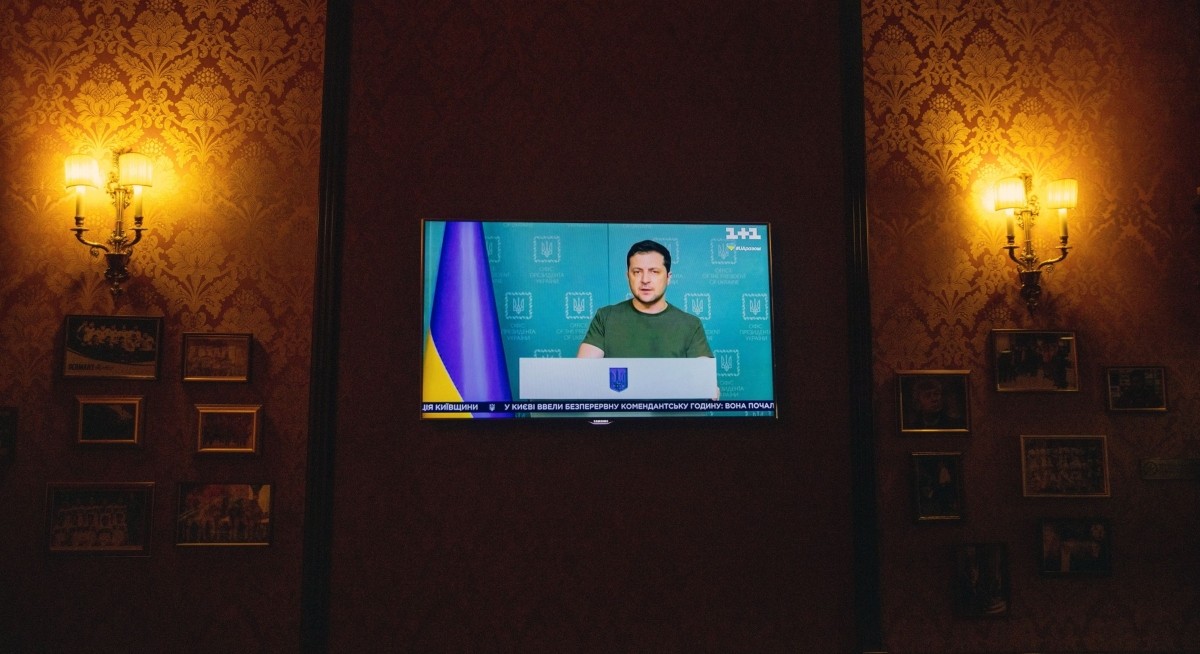In a webinar on March 14, Chua observes that although Asean has relatively small trade links with Russia, with the country only making up only 0.4% of trade and 0.1% of foreign direct investment, the effects of the conflict could spill over to affect the European market, which could have a “larger adverse impact on us,” he says.
Europe accounts for 9% of Asean exports and 11% of Asean FDI inflows, and also accounts for the largest share of tourism for Thailand, Indonesia and Singapore, which will be affected by higher costs and flight times, due to aviation bans over Russian airspace.
The more critical factor is Russia and Ukraine’s role in the global commodities market. They are net exporters of commodities like oil, wheat and certain metals, and importers of electronic products.
For example, data from World Top Export, the Observatory of Economic Complexity and Maybank IBG shows that Russia makes up a 16.8% share of the global natural gas exports and 11% of global oil exports, while Russia and Ukraine combined account for about 25% of global wheat exports and a staggering 71.1% of global sunflower oil exports.
See also: Trump says Xi to restart rare earth flows, sets date for talks
As the conflict sends commodities prices skyrocketing, Chua says that this will result in an uneven impact on the Asean region, where countries that are commodity importers - like Thailand, Singapore, the Philippines and Vietnam will be more negatively affected, compared to exporters like Indonesia and Malaysia.
Another point that Chua makes is that with Russia being a major player in global oil market, higher energy prices due to the conflict will mean that countries in the Asean region that subsidise their fuel prices will be hit with an increased fiscal burden.
This may cause them to raise fuel prices to be closer in line with market prices, possibly resulting in an inflation shock and bringing forward policy rate hikes, he thinks.
See also: Asia sees Trump’s 5%-of-GDP defence spending goal as unrealistic
To complicate matters, Chua also highlights that Western sanctions will also compound the impact on Asean in the areas of payments - with sanctions on the Swift banking messaging system- tech and military equipment, and also the impact on Western firms who have hubs across Asean.
Chua warns, “I don't think we can rule out the possibility of a recession at this stage, given how heavily dependent Europe is on Russia. You have the sanctions, plus you have the exposure of many European banks to Russia. There will be probably widespread defaults on Russian debt and Russian loans that could also spill back to the financial system.
He goes on to add that this could be combined with more factors as well, “All these add up, plus some supply chain disruptions on the manufacturing side, at a time when inflation is already high. So I think that's something that we need to watch out for.”



